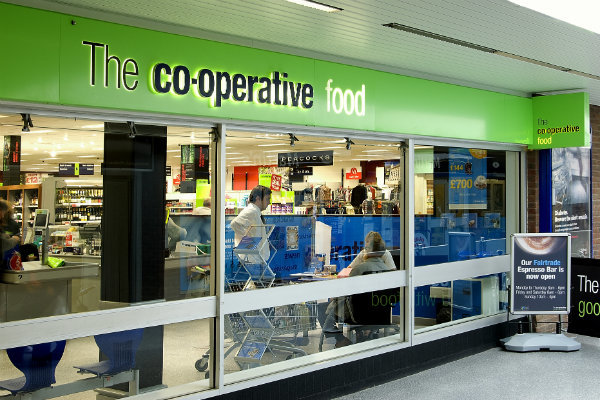Co-Op is taking its strategy back to basics following a turbulent few years. Chief Executive, Richard Pennycook believes that projects with local communities will encourage the popularity of the group‘s grocery stores, funeral company and insurance business.
Pennycook sees the importance of giving more than just the primary business, and has stated that he wants the Co-op‘s staff and 7m members to work to bring people together, raise money and help local groups in their areas.
In order to give the Co-op a chance in the competitive climate, “we have got to create businesses that are really quite different,” said Pennycook.
“Over the years, the Co-op has become a bit corporate and a bit centralised. We are unpicking that. We want engagement to be at a local level. We are in every postcode. We have units in about 2,000 communities in the UK and the new member proposition will be about those communities.”
While the Co-op has overcome the majority of its past struggles, the Chief Exec admits there is still “more to do”.
Pennycook has recently hired the government‘s former Executive Director Mike Bracken to develop newer ways for people to communicate within the company and with the Co-op. The Chief Exec believes that there is a “latent demand” for membership and involvement in such an organisation and increasing membership with the Co-op is largely significant for the group‘s future.
“Huge complex institutions which are a long way away are now the subject of suspicion while the Co-op is back to its roots as an organisation owned by you where you have an influence and economic returns come back to you and the your community. Nobody else can do that. It‘s completely unique and I think there is a real place for it.”
It remains uncertain whether the reduced business, which was forced to sell its pharmacy sector to cut its debts, will be able to stand against larger, more resourced rivals.
Pennycook, however, still remains confident in the Co-op‘s future. “If you look at the last 50 years, the Co-op has been benignly neglected and in relative decline. A turnaround doesn‘t happen in a year, but do we think we can prepare the Co-op for the next 100 years? Absolutely. Overwhelmingly people want it to succeed.”


















